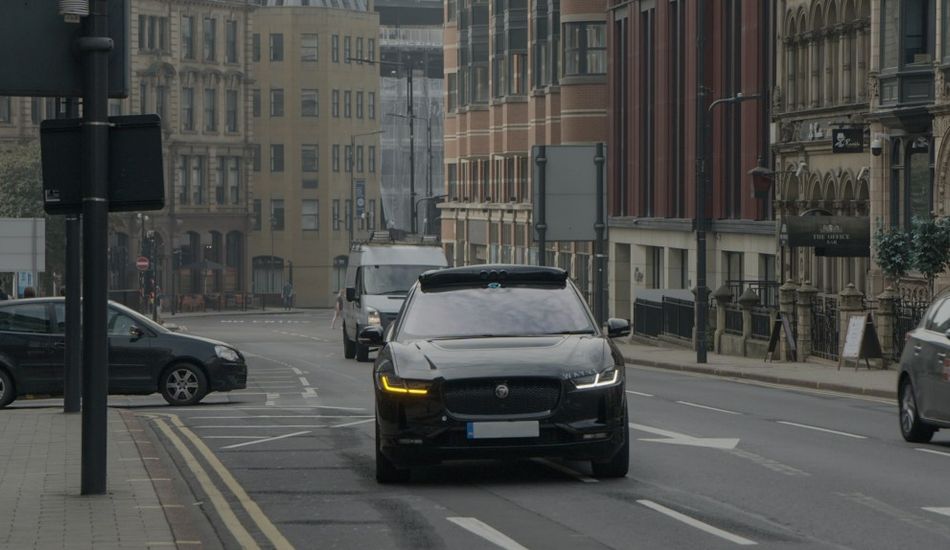
Wayve and Uber Plan London Driverless Taxi Launch
Wayve, a U.K.-based autonomous vehicle technology company, and ride-hailing giant Uber are partnering to launch a fully driverless robotaxi service in London. This ambitious project follows the U.K. government's recent decision to accelerate the timeline for self-driving commercial pilots to Spring 2026, significantly speeding up the process from the previously anticipated late 2027 launch.
While specifics regarding the launch date, fleet size, and vehicle manufacturer remain undisclosed, Wayve confirmed earlier this year that its technology would be integrated into Nissan vehicles. The collaboration stems from Uber's strategic investment in Wayve in 2024, an investment designed to integrate Wayve's AI capabilities into vehicles operating on the Uber platform. The plan is to begin operations in central London, gradually expanding to greater London and beyond.
Safety and Regulatory Compliance
Before launching, all involved parties must satisfy regulatory safety requirements. Wayve will need to demonstrate the safety and reliability of its driving system, while Uber will need to demonstrate safe operational practices for passenger services, including customer support. This multi-faceted approach to safety assurance underscores the rigorous standards required for deploying autonomous vehicles.
Wayve's Scalable AI Technology
Wayve's approach is based on a unique "Embodied AI" system. This system learns to drive in diverse environments and vehicles without relying on extensive pre-mapping, a key advantage for global scalability. Recent tests, such as the "AI-500 Roadshow," where Wayve's AI successfully navigated 90 cities across three continents in 90 days, highlight the system’s adaptability and potential for seamless global deployment.
This partnership signifies a significant step towards widespread adoption of autonomous vehicles. The ability to operate across diverse locations without extensive upfront mapping, combined with Uber's extensive global network, positions this initiative as a potential game-changer in the transportation sector.
Source: TechCrunch